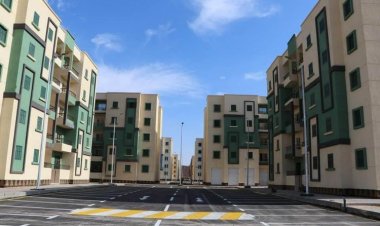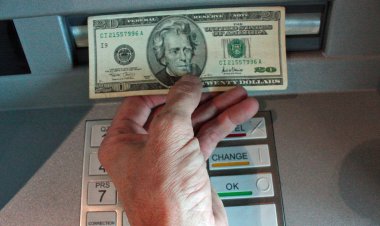How does the blue economy achieve sustainable development?
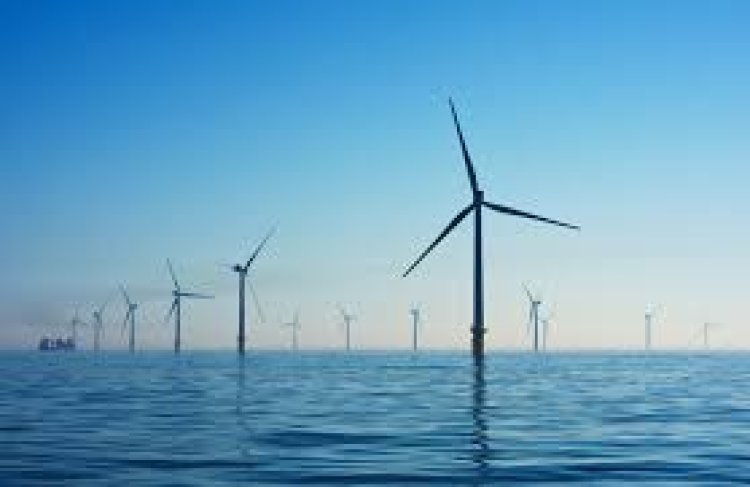
The blue economy refers to the sustainable use and preservation of water resources with the aim of directing economic growth, improving livelihoods and creating job opportunities, while ensuring respect for the environment, cultural values and biodiversity.
The sprawling islands and coasts at the ends of the earth may seem far from the community development and urban economic entanglements in cities.
However, with the development of life, water has not only become a source of livelihood, but has also become one of the most important economic resources for achieving wealth, and it is called the “blue economy”, which is the fourteenth goal of the United Nations Sustainable Development Goals.
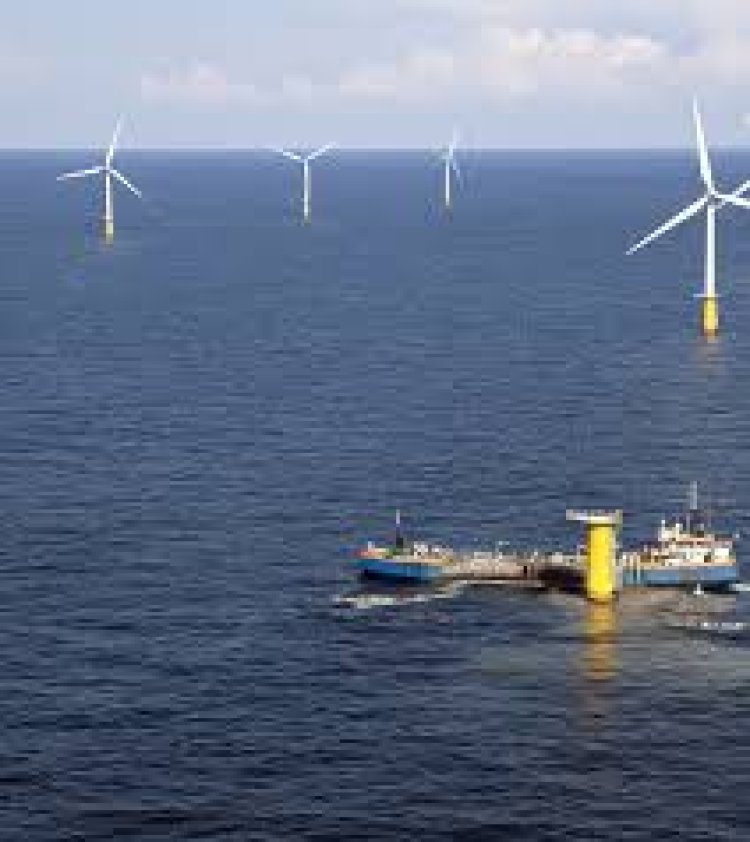
Sustainable development
This goal calls for the conservation and sustainable use of oceans, seas and marine resources for sustainable development.
According to the United Nations, about 40% of the world's population lives on or near coasts, and the population of coastal areas in the world contributes to the global economy, with an estimated 1.5 trillion dollars annually, and expectations indicate that this number will grow to nearly 3 trillion dollars by 2030.
Environmental significance
The blue economy, according to the World Bank, is the sustainable use of ocean resources for economic growth and improved livelihoods and jobs, while preserving the health of the ocean ecosystem. The blue economy prioritizes all three pillars of sustainability: environmental, economic and social.
The blue economy includes generating electricity from water energy, mining activities in the seas and oceans, marine tourism, fishing activities and marine organisms, extracting raw materials from the seas, and other forms of water-related economic activity.
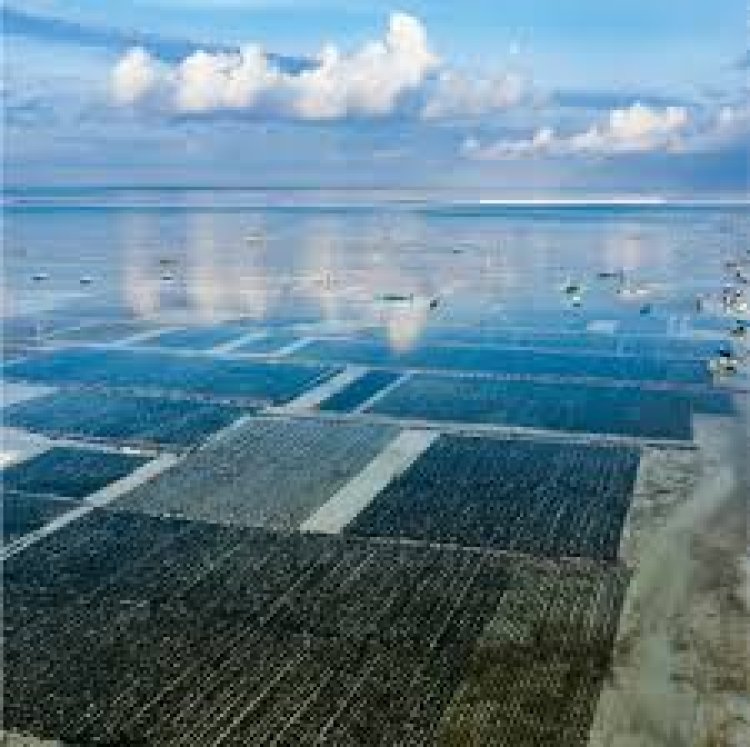
Economic importance
Marine life represents almost 99% of life forms on the planet, while only 1% remains on land. Seas and oceans absorb about 50% of the harmful emissions that come out of land. Despite the environmental importance, there is economic importance, which is what is known as “blue economy”.
The oceans play an important role in regulating the Earth's temperature by absorbing carbon dioxide, as well as supporting biodiversity and providing a source of sustainable food.
It is estimated that the ocean economy could achieve 21% of the greenhouse gas emission reductions needed to meet the Paris Agreement target of limiting average global warming to 1.5°C by 2050.
Blue economy and growth opportunities
Last May, the European Union issued a report showing that the added value of activities falling under the blue economy doubled during the period from 2010 to 2020, reaching in the case of offshore wind energy, for example, to +1762%, and port activities to +25%.
In 2020, the blue economy sectors in the European Union achieved profits exceeding 43.5 billion euros, and globally, the blue economy sectors provide more than 30 million jobs and an important source of protein for more than 3 billion people around the world annually.


 Shrouq
Shrouq 







